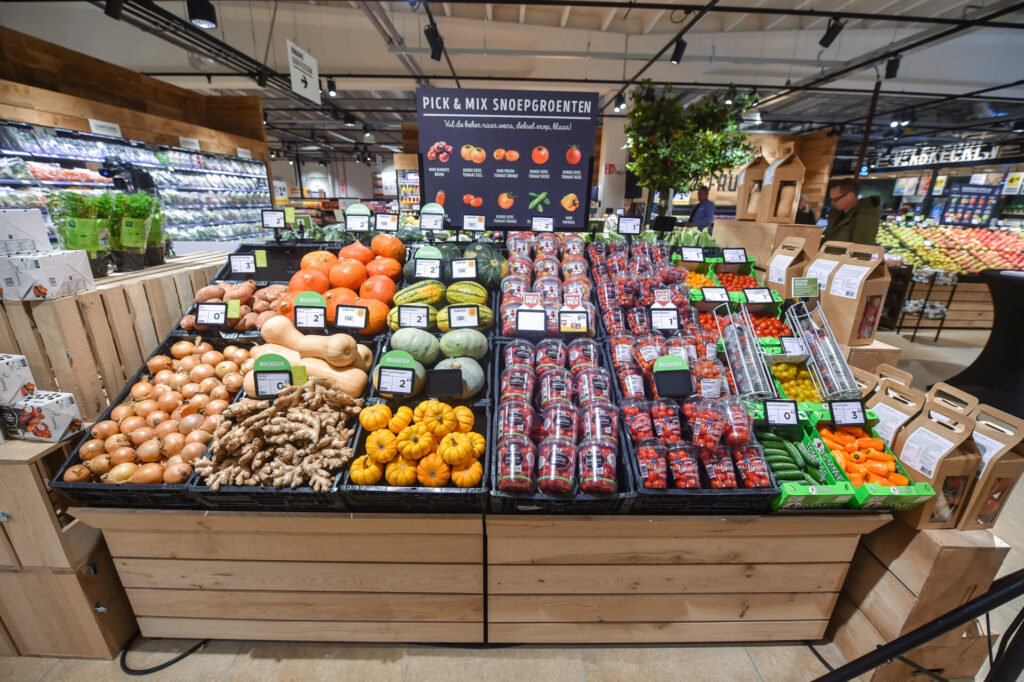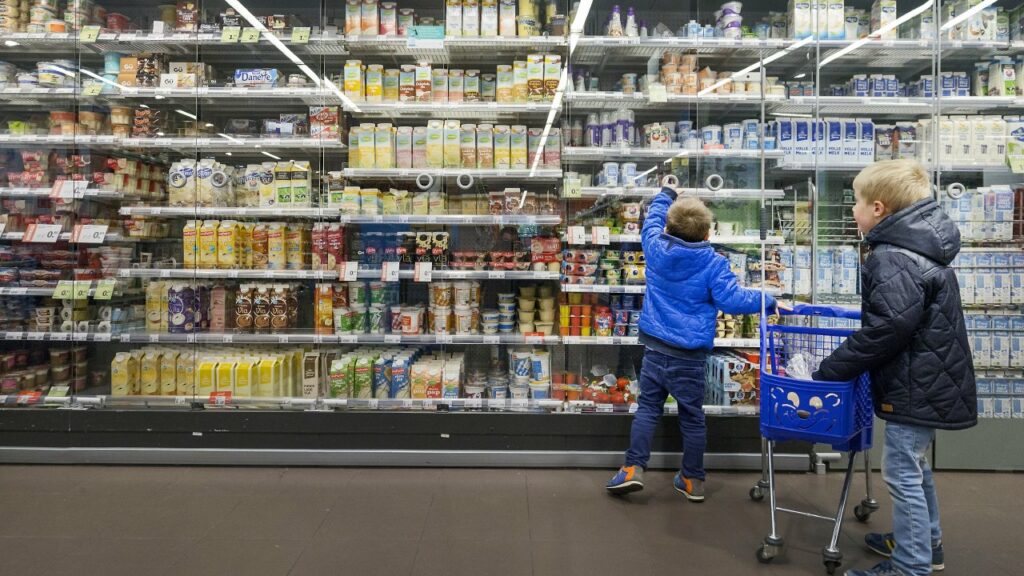While inflation is no longer skyrocketing, groceries in Belgium are still becoming more expensive, according to new price comparison research by Test Achats, Belgium's consumer protection organisation.
In October, supermarket inflation went up (3.1%) for the fourth consecutive month. In itself, the inflation rate of 3.1% is high, but when compared to January 2022 (when inflation exceeded 2% for the first time and reached a historic peak of 20.6% in March 2023), the increase is quite striking: a basic supermarket cart is now 27% more expensive than it was just over three years ago.
Supermarket inflation already rose in July (2.5%), August (2.5%) and September (2.8%). These figures are based on the prices of more than 3,000 products in seven supermarket chains (Albert Heijn, Carrefour, Colruyt, Cora, Delhaize, Aldi and Lidl), which Test Achats has been monitoring for three years.
From chocolate to ketchup
The product categories that contributed most to inflation in October were soft drinks (+8%), fish department products (+6%), fruit (+5%), vegetables (+5%) and spices (+5%). More specifically, dark chocolate (+30%), olive oil (+27%) and orange juice (+22%) made up the top three products with the highest inflation this month.
The products that have fallen the most in the past year are cling film and wet wipes (-9%), as well as pork and beef mince (-7%).
This makes the general grocery cart still 27% more expensive than in January 2022, when inflation exceeded 2% for the first time; ketchup is 85% more expensive than in January 2022, mustard 64%, olive oil 61% more expensive, onions 61% and carrots 57%.

Credit: Belga / Luc Claessen
Surprisingly, however, a recent survey by Test Achats conducted in June among more than 4,800 members shows that, on average, Belgian households are spending less per month in 2024 (€450) than in 2023 (€468).
This is not explained by a change in prices, but in many households' purchasing behaviour. Today, people will more often opt for own supermarket brands instead of choosing more established or higher end brands. But that approach does not work for everyone, stressed Test Achats spokesperson Laura Claeys.
"People in a difficult financial situation spend about €24 less than the average per month, but their spending has increased compared to last year. In 2023, they were still spending an average of €410 per month, now it's €426," she said. "They probably already switched to own brands or products last year, leaving them no margins to save even more."

